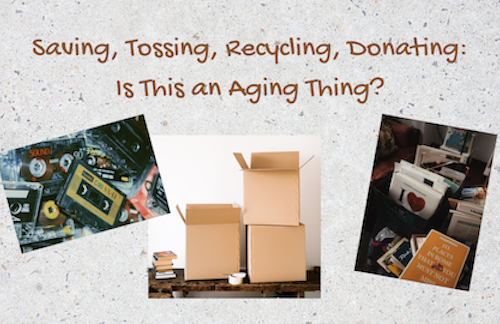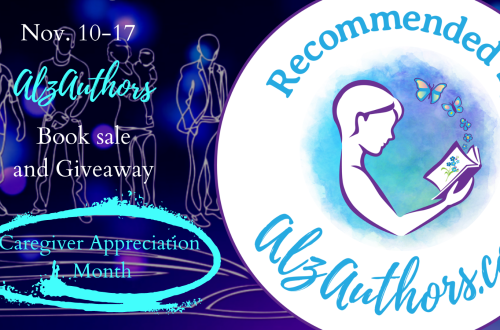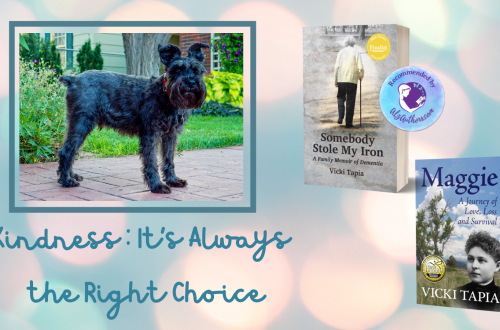Would I Recognize Myself?
Would I be cognizant enough to recognize the subtle changes in myself, were I to follow the path of my mother and her father, my grandfather? Should it come to pass, will my husband or my children recognize it in me first, wistfully acknowledging that in the end, my fate has linked itself to these two who went before? There are moments when these fleeting thoughts dart uninvited every which way in the recesses of my mind. I’ve no desire to linger on such thoughts, yet I can’t help but wonder if my family would be as clueless as I was when Mom ever so gradually began her descent into Alzheimer’s disease. And then, I think not, as we all traveled that journey together. They are now savvy, where I was not.
Over a period of a couple of years, the realization finally came to fruition in my brain. Something was not right with Mom and it was more than normal aging. At my continual urging over a period of months, Mom eventually acquiesced and made a doctor’s appointment for a “check-up.” By that time, because of my suspicions, the diagnosis was not a surprise to me. The fact that it was already considered “moderate” Alzheimer’s, however, was shocking. How had she slipped so far into dementia without notice? Apparently she had highly developed acting/coping skills that had hoodwinked us all for what–we now realize–must have been years. Because none of the extended family lived nearby, we didn’t observe her on a daily basis, so undoubtedly missed many of the clues. And, when we did visit and the clues were there, the family was able to rationalize her behavior, blaming it on stress and normal aging.
Should this be my fate, will I also be able to bamboozle my family? Would I want to? But yet, is it not in our nature to hold on and keep control of our lives as long as humanly possible? Do we digress faster if we admit, “I have Alzheimer’s disease and am losing my brain” or is denial the way to go? I have no answers, only questions. Mom chose the latter. We were not allowed to discuss the diagnosis or mention the dreaded words, “Alzheimer’s disease” in her presence.
Both my parents were fiercely independent, part of the strong, silent generation. They wanted to die in their beds, in their house, in their town, without intervention. I did my best to respect that and honor their wishes as long as possible. Now, this was a rather precarious scenario, knowing that I was 2 hours driving time away from them. How could I possibly ensure their safety? Suggestions for home healthcare or actually moving to an assisted living facility in my city were met with stiff resistance.
Sometimes things work themselves out. Within a month of her diagnosis and even with her cognitive impairment, Mom realized that she could no longer effectively take care of Dad and placed him in the local nursing home. He had Parkinson’s related dementia and was barely able to walk, even with the assistance of a walker. His slow-growing prostate cancer caused him to wake frequently in the night to visit the bathroom and he couldn’t get there without Mom’s help, so sleep deprivation was also haunting her. The evening he fell on top of her when she was attempting to help him stand up from his chair was the last evening he spent in their home. She delivered him to the nursing home the very next day. Then, horrible winter weather conspired to change her mind about moving into assisted living closer to me, so less than 6 months after her diagnosis, my husband and I moved the two of them to my city. What I thought would be the end of my stressful worrying about them was only the beginning…



